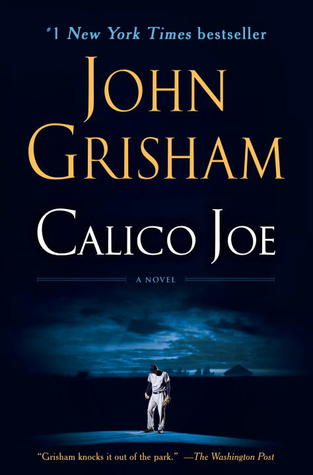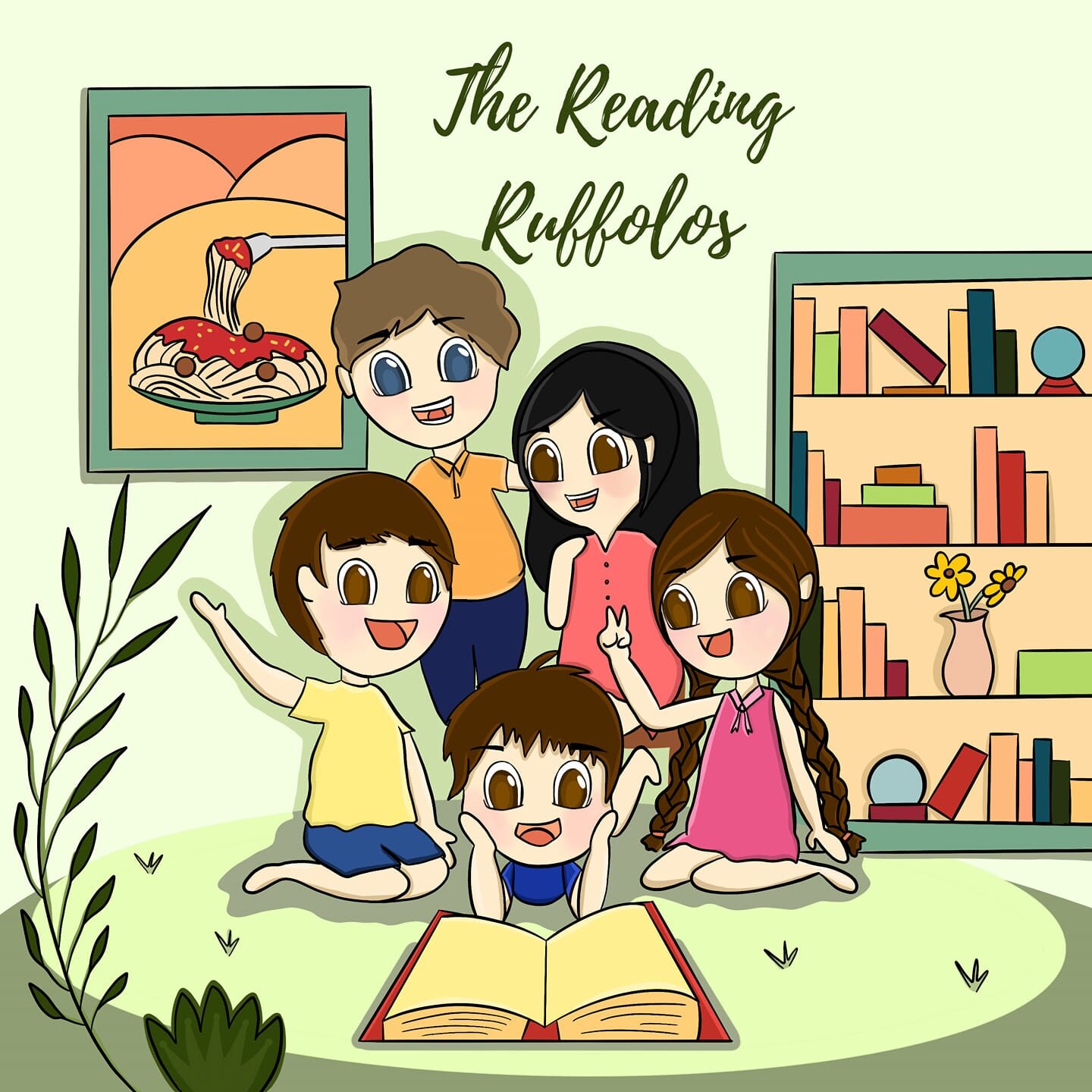
Reading John Grisham’s books throughout high school and college is comparable to taking a crash course on crimes committed and their corresponding lawsuits. Every Grisham book I read are stories bathed in law proceedings and suspense that reading Calico Joe, a story of a promising 20-something rookie playing for the Chicago Cubs whose career ended after a tragic and intentional beanball by the narrator’s father, was like reading a non-Grisham novel.
Not to say that it was bad.
But the story, unlike the trademark Grisham brand of storytelling, was simple and straightforward. The scenes were not cluttered with overly stretched conversations or characters whose personalities were furiously explored just to make the novel stretch to 400 pages.
Calico Joe runs close to 200 pages. The narration is made by Paul Tracey, the son of the alcholic, abusive, arrogant New York Mets player, Warren Tracey, who was responsible for Joe’s career demise.
Joe’s sad fate is not a unique story to the world of sports. All too often we hear stories of athletes who encountered bad luck or met terrible accidents which ended what could have been long and rewarding careers.
I was named after a tennis player, Chris Evert. But I never took serious interest in sports except for basketball (because I grew up in a family whose idea of dinners on weekdays is watching basketball on TV). So reading Grisham’s first baseball novel – and watching him, from my mind’s eye, tackling the baseball world with confidence in using terms and describing scenes – was alien’s world to me. I have never encountered the term “beanball” or the word “beaning” before I met this book. So I googled the term to have, at least, an initial grasp of what it meant when the writer said that his father intentionally “beaned” Joe.
A beanball is a pitch thrown at a batter’s head, says Merriam – Webster dictionary. Wikipedia (which my professors and editors warn as a a non-credible source of information) wrote: “a colloquialism used in baseball, for a ball thrown at an opposing player with the intention of striking him such as to cause harm, often connoting a throw at the player’s head (or “bean” in old-fashioned slang).” I liked Wikipedia’s definition. Comprehensive.
I also read “headhunter” being used to describe a pitcher who throws beanballs.
Indeed, a wealth of fresh terms to the non-baseball or sports fan can be earned from reading this book. But in as much as my vocabulary was enriched with new terms, I must say that there is nothing unique in the story. You can predict what will happen next, frankly. The simple storytelling style is heartwarming though. This is a book that tackles forgiveness and while there are things in the past that cannot be fixed by eleventh-hour apologies, it still pays to reach out and say “sorry” anyway.
You will hate the character of Warren Tracey. He is so unlikeable, you won’t believe he’s real. Because of this, the reader won’t feel any tinge of sympathy as the character is portrayed as a dying man facing the sunset of his life with not so much of a plan to make amends with the dark realities of his past.
Well, except for one. Or two.
The manner by which Grisham combined characters in this story make up for a light read on a cold Friday evening with a glass of lemonade (or perhaps lemon gin) by your bedside table.
Calico Joe won’t keep you up the entire night. But it will keep you awake long enough to finish the story and wonder how Grisham juggles baseball and crime stories inside that brilliant head.
***
Disclosure of Material Connection: Some of the links in the post above are “affiliate links.” This means if you click on the link and purchase the item, I will receive an affiliate commission. Regardless, I only recommend products or services I use personally and believe will add value to my readers. I am disclosing this in accordance with the Federal Trade Commission’s 16 CFR, Part 255: “Guides Concerning the Use of Endorsements and Testimonials in Advertising.”



